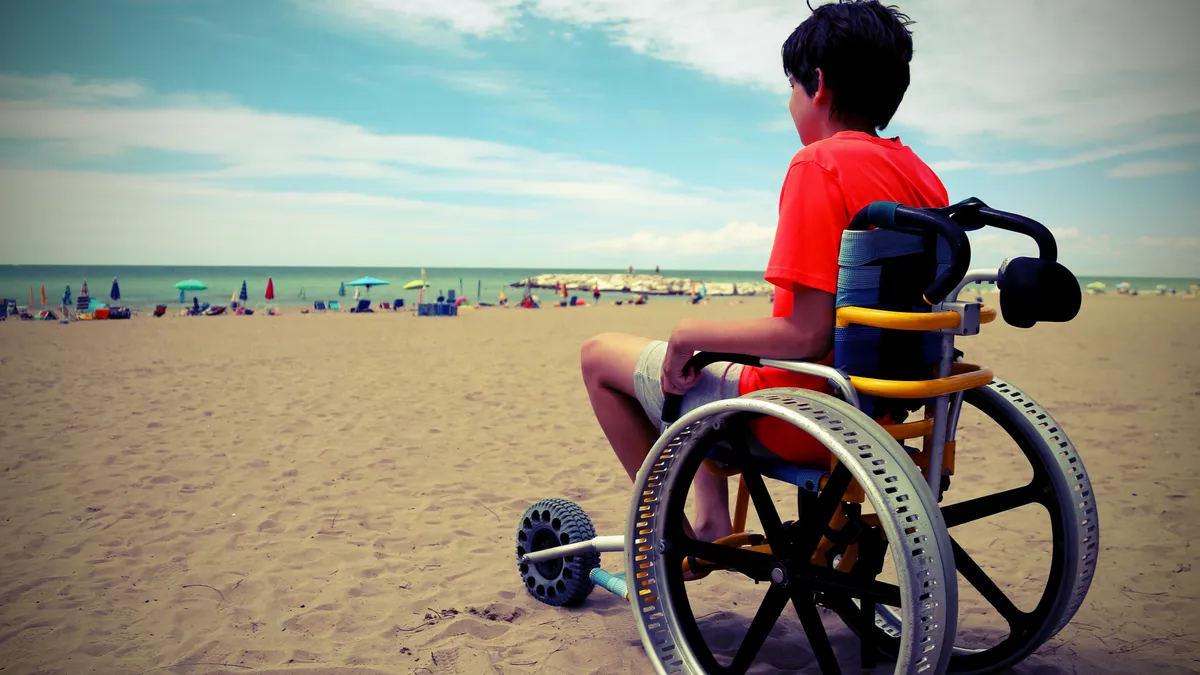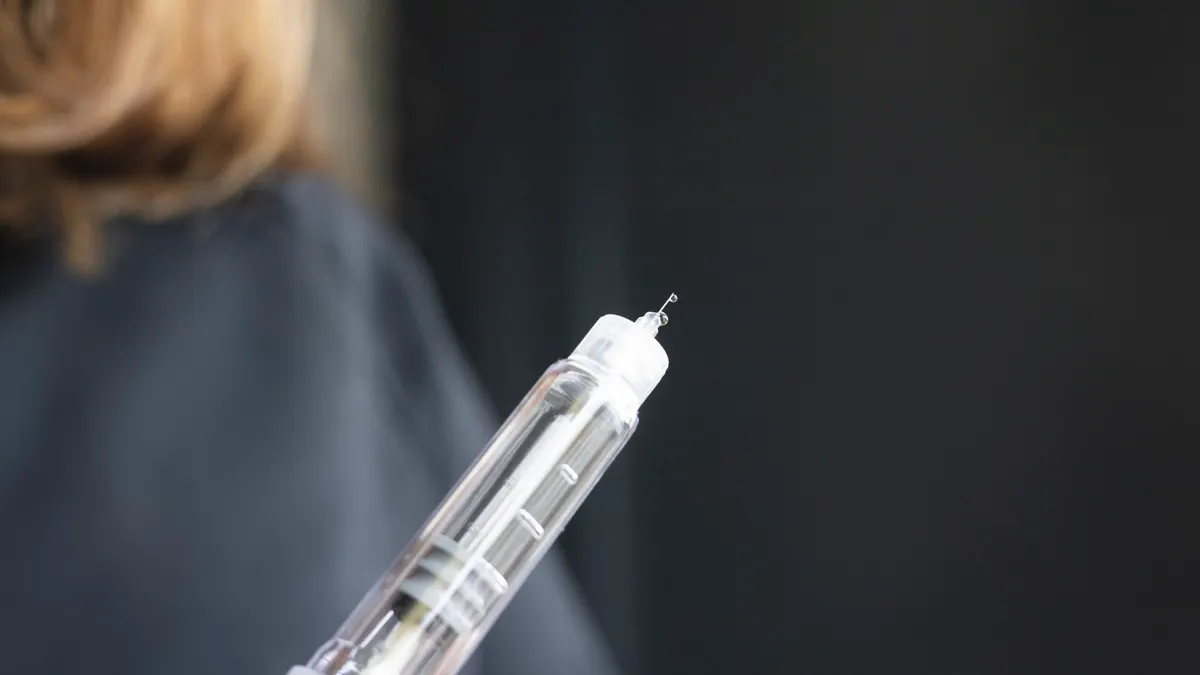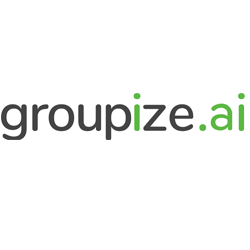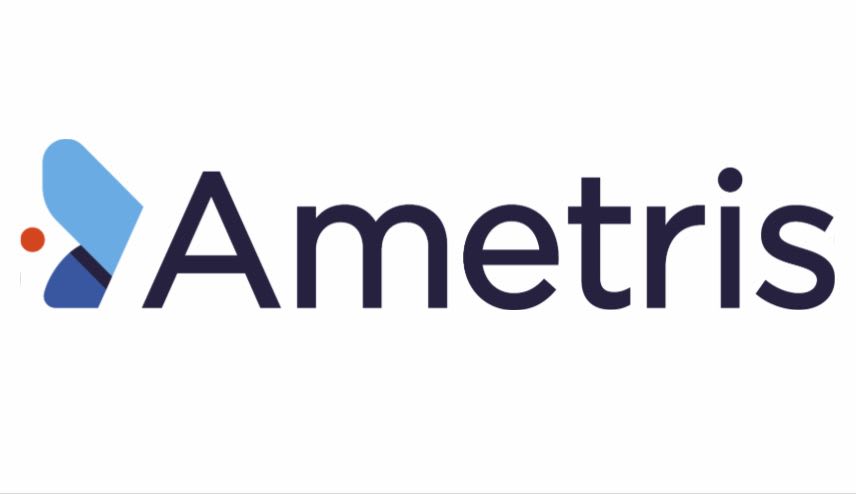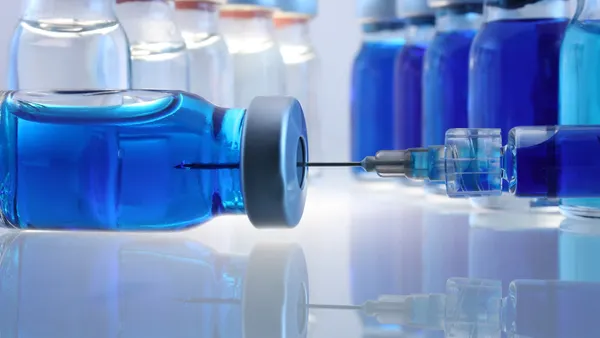When fitness mogul Augustine “Augie” Nieto II received the devastating diagnosis of amyotrophic lateral sclerosis (ALS), known as Lou Gehrig’s disease, in 2005, his response was to spring into action.
“Rather than just getting that horrible diagnosis and hearing that you've possibly got three to five years to live, and going about your business and enjoying life with your family, Augie started seeking out advice on how he could help leverage his networks to find effective treatments for ALS,” says Steve Perrin, president and chief scientific officer of the Irvine, Calif.-based, clinical stage biotech, Eledon Pharmaceuticals.
Nieto, the founder of Lifecycle Inc., which later became the exercise equipment company Life Fitness, set his sights on a cure, an effort that has raised some $160 million for ALS research. The initiative recently bore fruit when its first drug discovery — tegoprubart — entered clinical trials. The drug was developed by the ALS Therapy Development Institute, which partnered with Nieto’s organization Augie's Quest to Cure ALS. Nieto now serves as chairman of both.
An early trial of this new drug candidate offered up a glimmer of hope that tegoprubart may prove to be an effective option for treating ALS, filling the void that currently exists. “There's no effective treatment [for ALS],” Perrin says. “Even though there are approved drugs, they really don't slow down disease or improve quality of life.”
While there is much work to be done, the progress made on tegoprubart is encouraging.
“All of that work is funded by patients and families,” Perrin says. “Augie and I went out and we raised the money in the nonprofit with traditional grassroots fundraising, by going out and telling people what we're trying to build, knowing that they've been diagnosed with the same horrible disease that Augie had been.”
The drug would not be a cure, but it could slow the progression of the disease — buying time for people who have very little.
“People want a drug that's going to allow them to see their kids grow up, to see their kids graduate from college and get married and have grandkids,” Perrin says. “They know that a cure might not be there, but how about something that I can take the time to slow the disease down.”
‘Exciting’ study results
Tegoprubart is an anti-CD40L drug, acquired for development by Eledon. The drug targets a protein linked to the body’s immune response to reduce inflammation in the brain, spinal cord and muscle that is thought to drive ALS, which causes deterioration of those organs leading to weakness and paralysis.
Eledon, which focuses on organ and cell transplantation, autoimmune conditions and neurodegenerative disease, acquired the rights to develop tegoprubart and recently reported topline results from a small phase 2a trial that included 54 people with ALS, using each patient’s baseline data as a control.
It found that the drug not only appears to be safe — no serious drug-related adverse events occurred — it also successfully reduced 23 of 32 elevated protein biomarkers associated with ALS in some patients, demonstrating a dose-dependent response. In addition to reducing ALS biomarkers, researchers also found a trend toward slowing in disease progression, an outcome that surprised researchers. The trial was not designed to measure clinical response to the drug, so the finding was both unexpected and exciting, according to Perrin.
“It was a fairly short study as far as duration — it was only 12 weeks,” Perrin says. “And typically to monitor disease progression in an ALS clinical trial it’s usually six to 12 months or longer.”
When researchers noticed that the drug effectively blocked the signaling and also appeared to correlate with disease progression even in a short trial, the result was unexpected.
"It was quite exciting that in a short study, you could see something like that,” Perrin says.
Having specific targets and being able to measure the response gave the findings some additional validity, according to Dr. David-Alexandre Gros, CEO of Eledon.
“We can follow the biology. Sometimes in trials you get data, you get results but you don’t know why,” Gros says. “Here, because we know the cell types that we’re affecting and we can actually measure activity of the immune system, we can show the impact of our drug [and] we didn’t just get that signal in a vacuum.”
Next steps
Tegoprubart has already received orphan drug designation for the ALS indication from the FDA, and could be used in four other ways, as well. Gros says the compound has a broad immuno-modulatory effect and is in trials as a treatment for a rare kidney condition called IgA nephropathy, which can lead to end-stage renal disease, often requiring a kidney transplant.
The drug is also being tested for use both in kidney and islet cell transplantation, which could be used to functionally cure diabetes, Gros says. Results are expected toward the end of the year.
The next steps for the ALS application include publishing and presenting the study results, talking to regulators and designing the subsequent trial. The company is looking to explore accelerated development opportunities.
“We're funded, so we have money into 2024,” Gros says. “But that's not including any other trials for any of our other indications. So, we can do our current trials, but to start new trials we would look to finance.”
For patients, the drug offers a chance to change the trajectory of a devastating disease, and they want to see it advance toward approval.
“When [patients] see trial data that looks like this, they want hope. They want you to move the drug into the next stage as quickly as you can,” Gros says. “They want the ability to participate in trials. ALS patients are one of the most active groups as far as clinical trial participation, and these are the types of studies that they get very excited about.”


